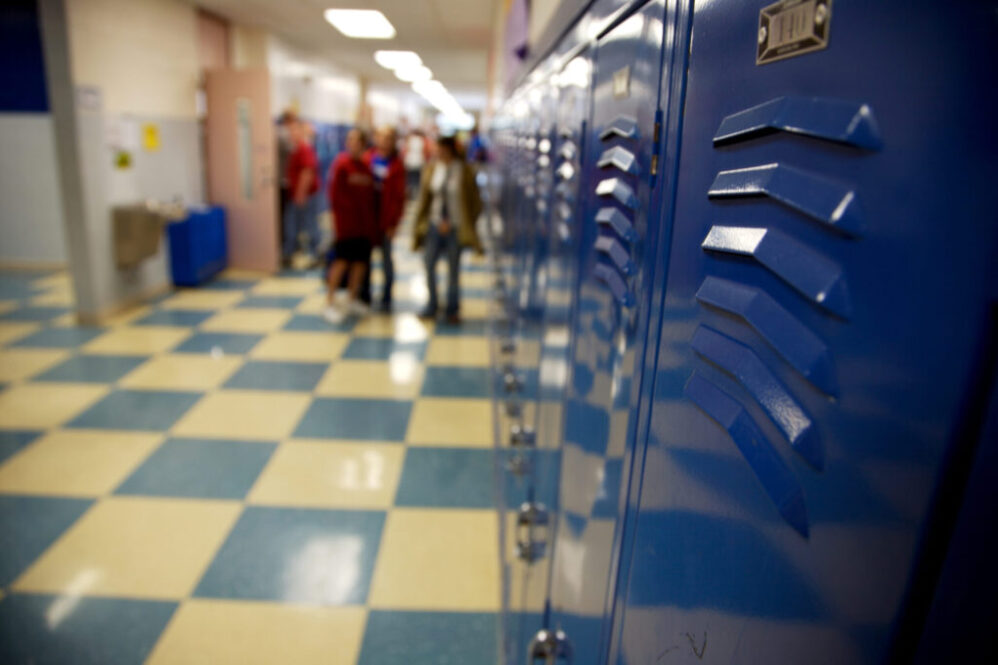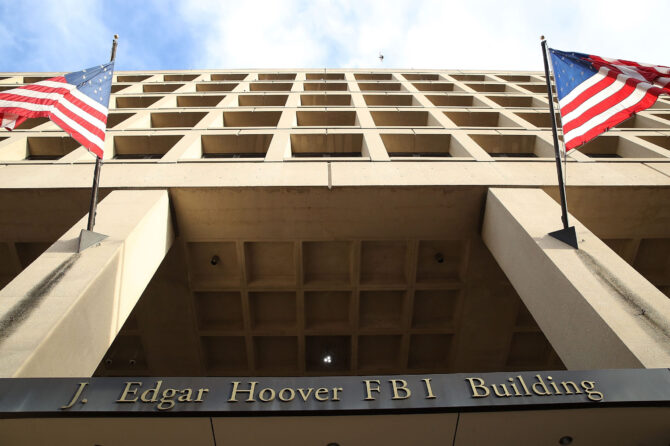WTOP: Maryland is still graduating a high number of students years into the COVID-19 pandemic, but younger students through that same stretch of time are struggling, particularly those that are now in middle school.
That’s according to a new report from Maryland State Department of Education.
State Superintendent of Schools Mohammed Choudhury said Maryland has “much more work to do” after years of pandemic-spawned “learning disruption.”
In Maryland, 86.3% of the class of 2022 received a diploma in four years; it’s a percentage drop from the previous year which saw 87.2% of students graduate. The 2022 class was sent home in spring of 2020 as tenth graders and had much of their high school career disrupted by virtual learning and coronavirus lockdowns.
“These numbers affirm the unwavering commitment and active engagement of our teachers and school leaders in leveraging excellent and evidenced-based strategies to help our students realize their full potential,” Choudhury said in a news release. “They reflect the resiliency of our students to graduate high school in the face of adversity, but we cannot stop here. We all must continue to focus on equity and excellence, so every student has limitless opportunities and potential for success.”
State Board of Education member Rachel McCusker had a son in that class.
“His friends and the people that he knew and what they went through, it was a very different experience for them,” she said at Monday’s board meeting.
Only one student group defined by the Maryland Department of Education saw an improved graduation rate. Black students saw a slight increases in graduating than the previous year. All others saw decreases, including a dramatic drop of nearly 14% by Native American students.
Middle schools lagging behind
While graduation rates stayed relatively the same, middle school students seem to continue to struggle, according to the new state school report card.
“We do not do middle schools well,” State Superintendent Mohammed Choudhury told the board.
“Our suspension rates are off the charts there,” continued Choudhury. “Middle school is where we see the biggest drop off.”
Data in the report also showed the largest percent of low performing schools were middle schools. Only 7% of middle schools were considered five-star schools, the highest rating. And 65% of middle schools were considered three stars or lower.
According to provided data, three-star schools on average see about a 35% proficiency in English Language Arts and a 13.1% math proficiency on state tests. A single-star school averages only a 6.3% English Language Arts proficiency and 1.1% in math proficiency.
The state data says almost 26% of schools dropped at least one star in their ranking system from the last report card in 2019.
Individual school report cards and systemwide report cards will be released March 9.











